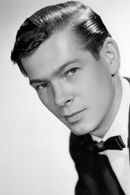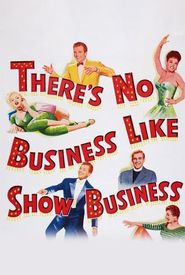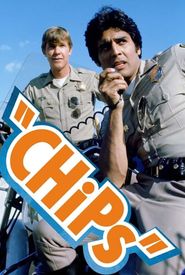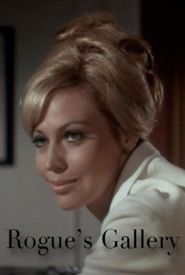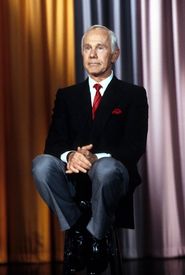Johnnie Ray was a renowned singer born in Oregon, the only son of Elmer and Hazel Ray. He was raised in Oregon, where he developed a love for nature and hiking, often going on hikes with his older sister. As he became famous, Ray insisted that Oregon would always be his home, correcting reporters who asked him about his preference between living in Los Angeles or New York.
Ray's life took a dramatic turn at the age of 13 when he lost a significant portion of his hearing in an accident during a Boy Scout event. His hearing loss was not revealed to his immediate family for several months, as they only noticed that he became more withdrawn. After high school, Ray began singing locally in a flamboyant style that was unlike any other white singer at the time.
At the age of 25, Ray became an American sensation, and his popularity only grew as he continued to perform and release hit songs. He was the first American performer to draw crowds in Australia, and his songs, such as "Cry" and "Walkin' My Baby Back Home," became major successes. Ray also co-starred in the 1954 film "There's No Business Like Show Business," alongside Marilyn Monroe, Donald O'Connor, and other notable actors.
However, Ray's career began to decline in the late 1950s, and he struggled to regain his popularity. He underwent a botched surgery in 1958 that worsened his hearing, making it difficult for him to communicate with musicians and record producers. Ray's personal life was also marred by controversy, including rumors of his alleged homosexuality and a troubled marriage to a Los Angeles woman named Marilyn Morrison.
Despite his struggles, Ray continued to perform and release music, although his popularity waned in the United States. He found success in the UK, Scotland, and Australia, where he remained a beloved artist. Ray's final years were marked by declining health, and he passed away on February 24, 1990, at the age of 63, without receiving the recognition he deserved.
